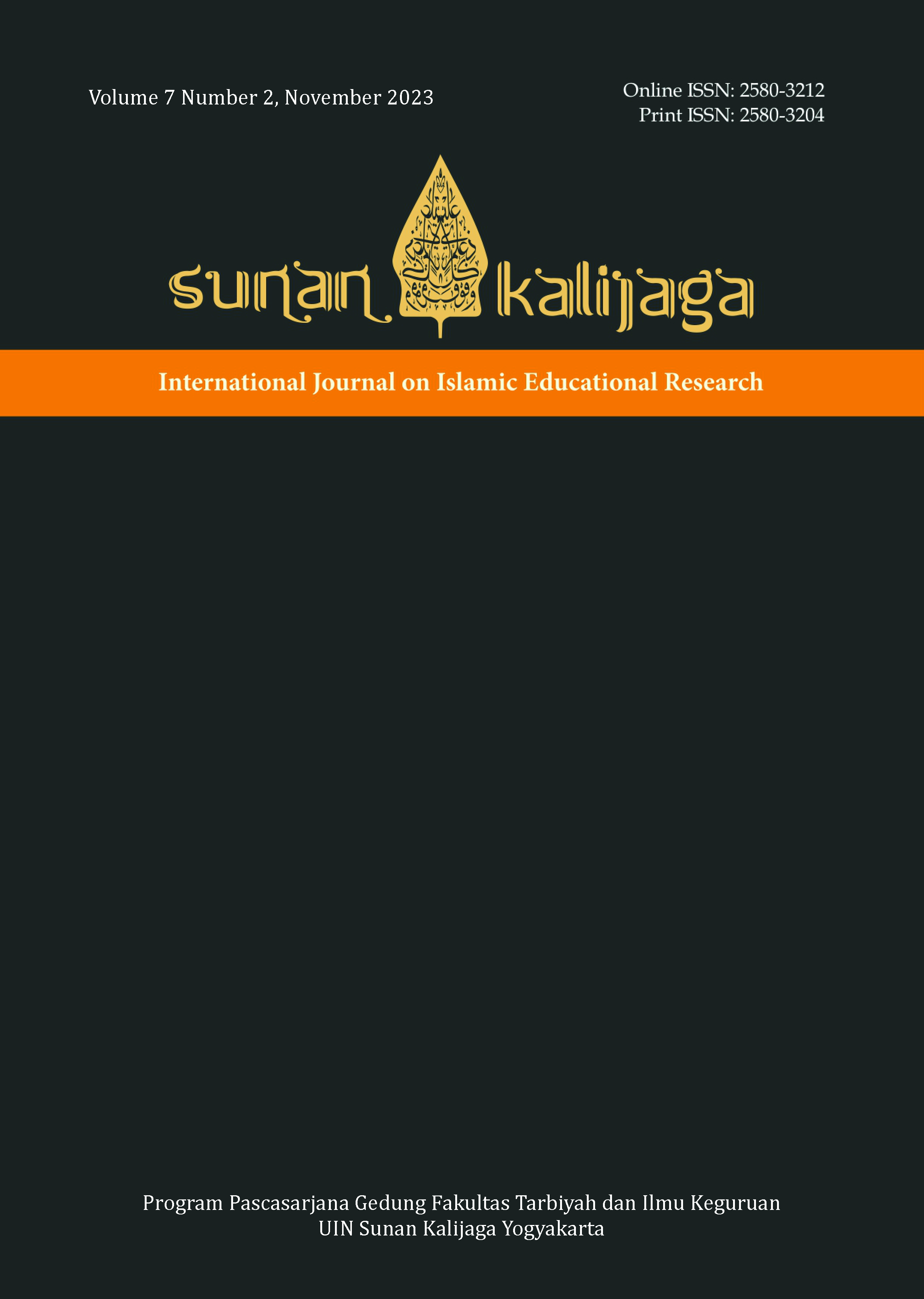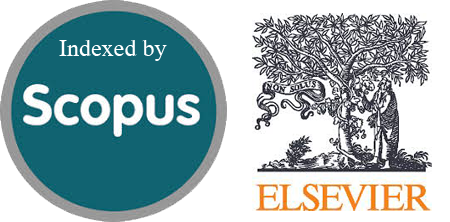STIMULATING CHILD DEVELOPMENT: PROPHETIC PARENTING VIEWPOINT
DOI:
https://doi.org/10.14421/skijier.2022.62.06Keywords:
child stimulation, child development, prophetic parenting, islamic parentingAbstract
Early childhood, or in specific, the period of age zero to six, is the golden period in which many major developments in children take place. Families are considered to be the first and the most important support system to facilitate those developments. However, amidst the overwhelming information regarding parenting over the globe, parents can be left indecisive in choosing the most appropriate strategies to nurture and support their children's development. This qualitative study explores the prophetic ways to stimulate children development, including 5 (five) development areas, including: (1) cognitive development, (2) language development, (3) motor and physical development, (4) socio-emotional development, and (5) moral development. It was found that there are several similarities between the prophetic ways in stimulating children with those founded by scholars in early childhood education or child psychology. Parents can follow Rasulullah’s steps in nurturing young children, such as by breastfeeding babies until the age of two and weaning them afterwards, inviting children to discussions, telling stories about Rasulullah s.a.w. and his companions, communicating effectively with children, playing with young children, showing affection to them, and teaching them that Rasulullah s.a.w. is the main role model in life.










